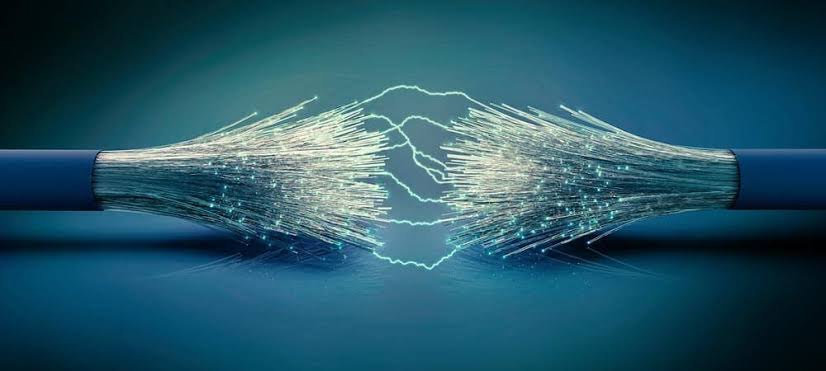Tech
Nigeria aims for nationwide fibre optic network with $2bn project

The Nigerian government has set its sights on an ambitious project to connect all 774 local government areas (LGAs) with fibre optic cables. This initiative, estimated to cost $2 billion, aims to significantly improve broadband internet access across the country.
The Federal Government (FG), on Wednesday, announced the plan and revealed the creation of a dedicated fund to finance the project.
This was revealed by the Minister of Communications, Innovation and Digital Economy, Dr Bosun Tijani, on Wednesday when he briefed State House correspondents after the Federal Executive Council meeting at the Aso Rock Villa, Abuja.
Tijani said, “In the next six months, our goal is to reach at least eight of the states…and cover the entire country…we are setting up a $2 billion fund.”
Tijani stated that achieving total connectivity for the nation would require 120,000km of fiber optic cables, with the current status being only 35,000km of cables.
He also explained the mechanisms for its implementation, saying, “The first thing we’re doing, which Mr. President is pushing, is leveraging existing infrastructure that we have within NIGCOMSAT, which is the satellite company. Most of you know that Nigeria is the only country in West Africa with a satellite.
READ ALSO:TechNigeria: A weekly digest of what went down in Nigeria’s tech space
“We’re also leveraging the fiber network of Galaxy Backbone to deploy connectivity to all the 774 local government Secretariat. Those who are following that project, which was announced about three weeks ago, would also see that we’ve actually started the connectivity”
While the specific breakdown of contributions hasn’t been announced, the African Development Bank (AfDB) has already pledged $200 million. Other potential contributors include the World Bank, the African Export-Import Bank (Afreximbank), and the United States Export-Import Bank (US Exim Bank).
This project prioritizes bridging the digital divide in Nigeria. Currently, only about 35,000 kilometers of fibre optic cables exist nationwide, with the goal reaching 120,000 kilometers upon completion. The government sees this expansion as crucial to achieving its target of 70% broadband penetration by 2025.
Imo, Kogi, and Zamfara states are among the eight LGAs chosen for the pilot phase, expected to be finalized within the next six months. The success of this initial stage will likely determine the rollout strategy for the remaining areas.
“So a number of local government secretariats in Kogi State are now connected, a number in Zamfara are being connected this week, a number in Imo State are being connected this week. In the next six months, our goal is to reach at least eight of the states within the country to demonstrate the pilot and the goal is to then take it from there and cover the entire country.”
Tijani said if these local government Secretariats are the closest form of government to the people, and if connected, “we can help them use technology to serve the people better, but also to enhance security significantly as well.”
Expanding broadband access is seen as a key driver for internet adoption, economic growth, and national development. Improved internet connectivity can benefit various sectors, including education, healthcare, and e-commerce.
Join the conversation
Support Ripples Nigeria, hold up solutions journalism
Balanced, fearless journalism driven by data comes at huge financial costs.
As a media platform, we hold leadership accountable and will not trade the right to press freedom and free speech for a piece of cake.
If you like what we do, and are ready to uphold solutions journalism, kindly donate to the Ripples Nigeria cause.
Your support would help to ensure that citizens and institutions continue to have free access to credible and reliable information for societal development.












